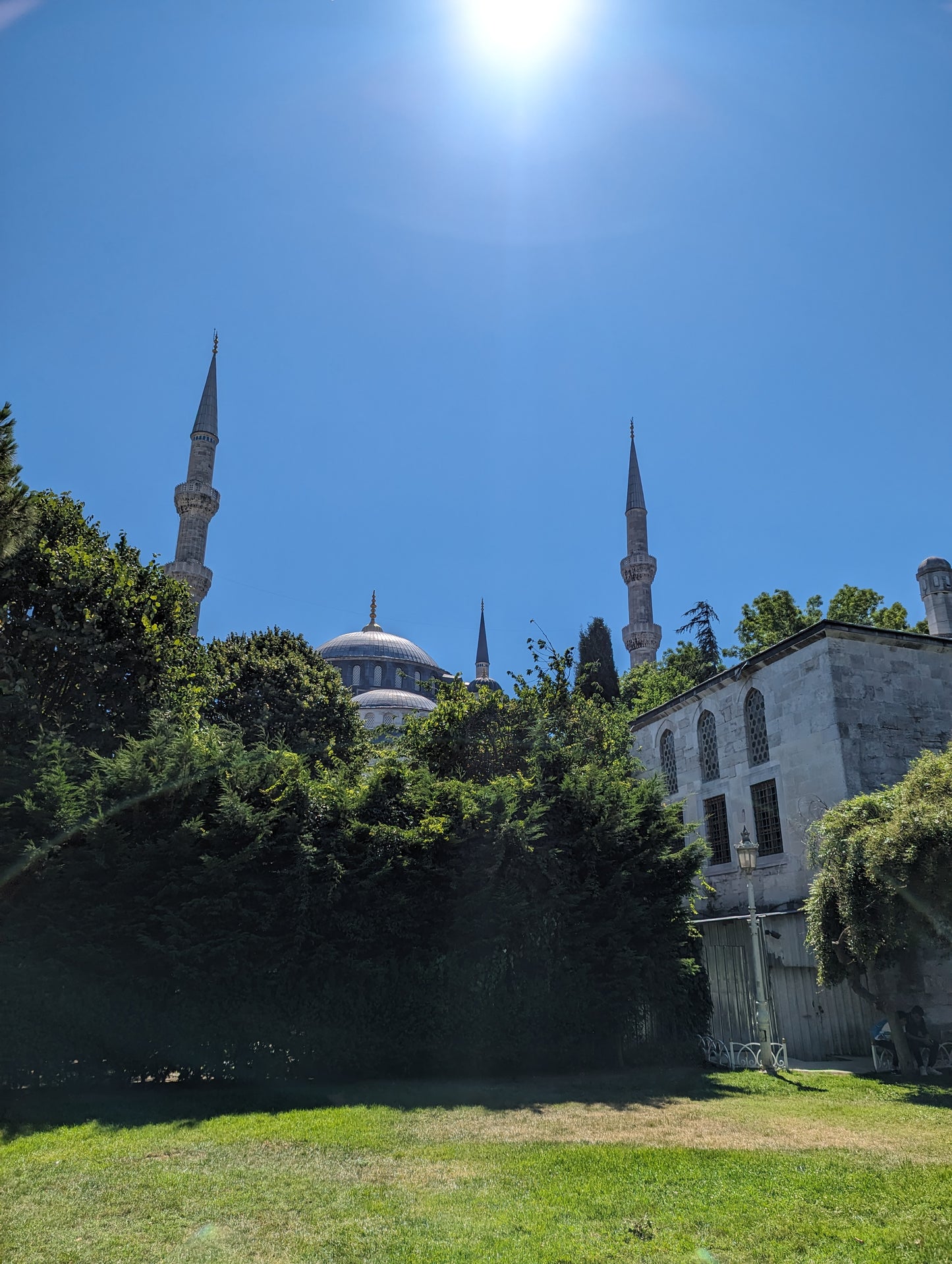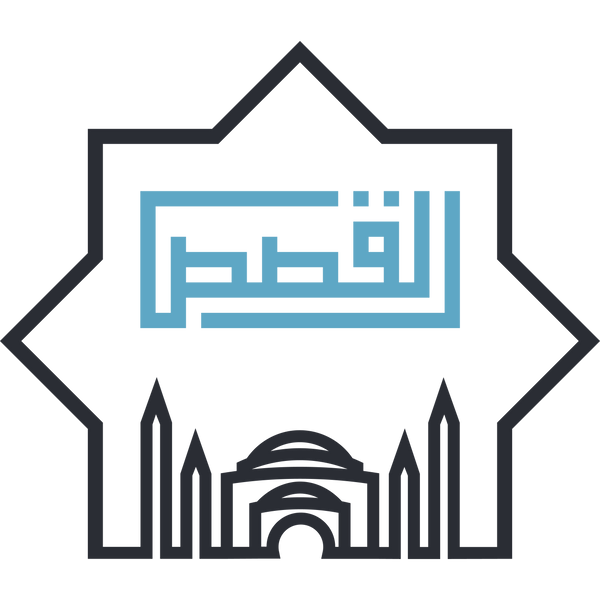Advanced Muslim Political Thought and Realism for a Multi-Civilisational World
Advanced Muslim Political Thought and Realism for a Multi-Civilisational World
Couldn't load pickup availability
Instructor: M. Owais Khan
Date/times:
November 15 - January 3, Saturdays 10 AM - 12 PM US Eastern Standard Time
Note:
Final course registration is subject to a review process, the instructor and/or AlQasas administration may refuse registration to any individual at their discretion. If your registration is declined a prompt refund will be issued.
Course level:
Intermediate/Advanced
Course description:
This is an advanced seminar in classical Sunni political theory that excavates the buried tradition of Sunni political realism that flourished during the "last flowering" of Ittihad-i Islam (c. 1875-1950). Responding to the Ottoman Caliphate's collapse and Western hegemony, modern Muslim intellectuals engaged classical concepts of sovereignty (Imamah), political order (Nizam), and statecraft (Siyasa) to reconcile Islamic governance with modernity. The course challenges the reduction of Ittihad-i Islam to "Pan-Islamism," revealing it as a sophisticated project reinterpreting foundational texts (al-Mawardi, al-Juwayni, Ibn Khaldun) to address freedom, representation, and international relations. We contrast this with the subsequent "long interregnum" of secular nationalism and Cold War Islamism, whose failures (post-2011 Arab Uprisings, Gaza 2023) underscore the urgent need to recover classical paradigms. Through primary sources and critical political theology, students will reconstruct core Sunni foundations of classical political theory: Jahiliya (political anarchy), Dairah al-Adl (circle of justice), Asabiyya (elite solidarity), and cyclical state dynamics. The goal is to reignite Sunni political ethics capable of informing a civilizational pole in today’s multipolar world, moving beyond reactionary ideologies toward a realist tradition grounded in prophetic state-building and balanced governance.
Student Learning Outcomes:
- Master core concepts of classical Sunni political thought (Imamah, Siyasa, Jahiliya, Nizam).
- Reconstruct Sunni theories of sovereignty, constitutionalism, state formation/collapse.
- Develop fluency in comparing Sunni political theology with Western realism (Hobbes, Schmitt).
- Evaluate the relevance of classical paradigms for contemporary Muslim political revival.
Required Texts (Selection):
Course Reader: Key excerpts will be provided before class from al-Juwayni (Ghiyāth al-Umam), al-Mawardi (al-Ahkam al-Sultaniyya), Ibn Khaldun (Muqaddimah), Ibn al-Azraq (Bada’i al-Silk), Shah Waliullah (Hujjatullah al-Baligha), al-Turtushi (Siraj al-Muluk) & Secondary Source material
Course schedule:
|
Advanced Muslim Political Thought and Realism for a Multi-Civilisational World |
||
| Saturdays 10 AM - 12 PM EST (United States Eastern Standard Time) | ||
|
Week 1 |
November 15 |
The Muslim Political Reborn - Sunni Realism against the Forces of Gnosticism and Populism |
|
Week 2 |
November 22 |
The State of Nature in Islam Anarchy (Jāhiliya) as State of Nature. Al-Ghiyathi, pages 560, the fourth rank. Pre-Islamic systemic dysfunction, The Hadith of Ja’far with Najashi, Milestones 80-84, Tafsir of Surah Ibrahim verse 1. Hobbesian parallels, Leviathan Ch 13-14, Bay‘ah as the formation of the Jama’a, Bay’ah al-Aqaba Sirat Ibn Hisham.
|
|
Week 3 |
November 29 |
Necessity of Political Authority Sovereignty (Imāmah/Khilāfat al-Nubuwwa), Maturidi, Juwaini, Ibn al-Azraq, Taftazani Bodin/Schmitt comparisons on indivisible authority Mulk / Sultaniyya, Ibn Khuldun and Ibn al-Azraq
|
|
Week 4 |
December 6 |
Sunni Constitutionalism & State Formation Political Order (Niẓām) & Body Politic (Ummah) Jama’a and Aṣabiyya (social cohesion) as state backbone Boundaries of political belonging (Mūmin vs. Kāfir)
|
|
Week 5 |
December 13 |
The Birth of Elites Ahl al-Ḥall wal-ʿAqd (electors) as constitutional cornerstone Elite Representation (Aṣḥāb al-ʿAṣabiyya) Organic elite theory (Ibn Khaldūn)
|
|
Week 6 |
December 20 |
Elite Institutions Shūrā (consultation) Circulation mechanisms: Merit vs. heredity Case: Ottoman A’yān system
|
|
Week 7 |
December 27 |
Separation of Powers and the Rule of Law "Circle of Justice" as state longevity formula - (Dā’irat al-ʿAdl) Sayfiyya and Kalamiyya Rule of Law - Fiqh/Siyasah - Sharīʿa-Qānūn (divine/state law) dialectic Ḥisba (public accountability) institutions
|
|
Week 8 |
January 3 |
Recap
|
No one will be turned away for lack of funds, please send an email to info@alqasas.org
Share


